Community is Learning: How The Act of Learning is Rooted in Neighbors, Family and Place
Key Points
-
These first seven years of my life are formative to who I have become and why I am an educator.
-
Learning was communal and was rooted in human connection and relationships.
-
Family friends were my teachers.
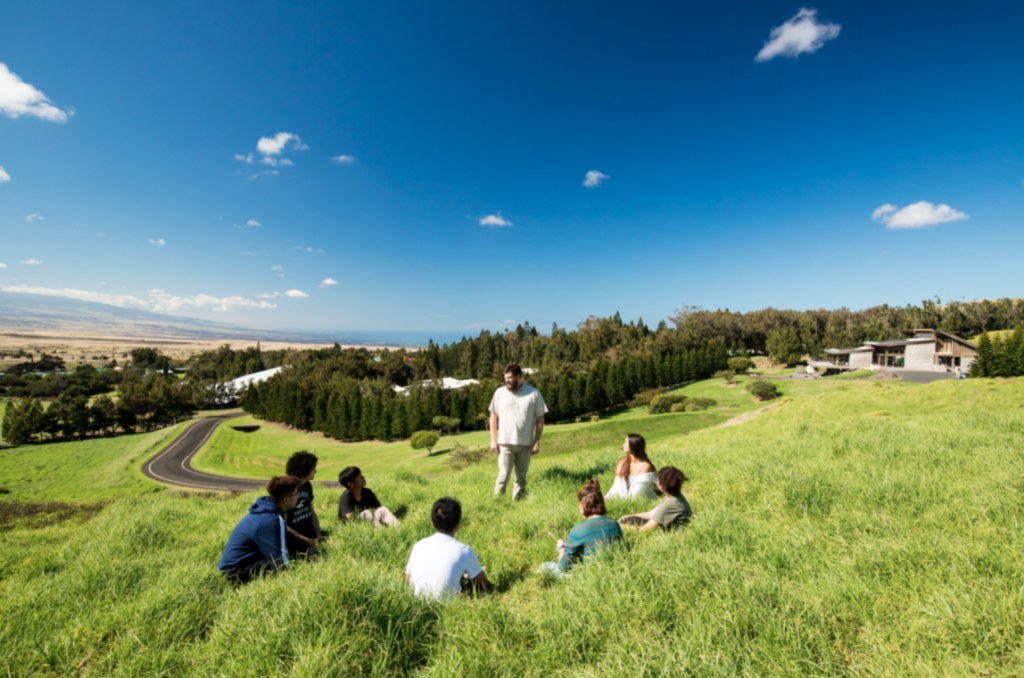
The author, Aaron Schorn, graciously recorded himself reading this article for Getting Smart. If you have the time, we encourage you to listen!
In Maseru, Lesotho we lived in a community of friends, neighbors that became family. My parents met in southern Africa, educators on fire with the belief that not all answers lay in the west. My mother helped found a primary school in Eswatini (at the time Swaziland) and my father worked for the Basotho government helping to build out higher education programs. They were educators who were always seeking community and authenticity.
These first seven years of my life are formative to who I have become and why I am an educator. Learning was communal, and was rooted in human connection and relationships. Family friends were my teachers. They tapped into my joy for nature and people, as we explored, sung together and learned as a cohort, team, and family. With Mahlathini & Mahotella Queens, Miriam Makeba, and Juluka blasting out of speakers I learned my alphabet, poured over maps of Lesotho and the world, and most importantly learned the skills of storytelling and human connection. I learned how to share my joy with others, how to wear my passions and excitement on my sleeve, and how to create networks of friends. In Lesotho, learning was not solitary or competitive. It was cohort driven and communal; it was joyful. Then came America.
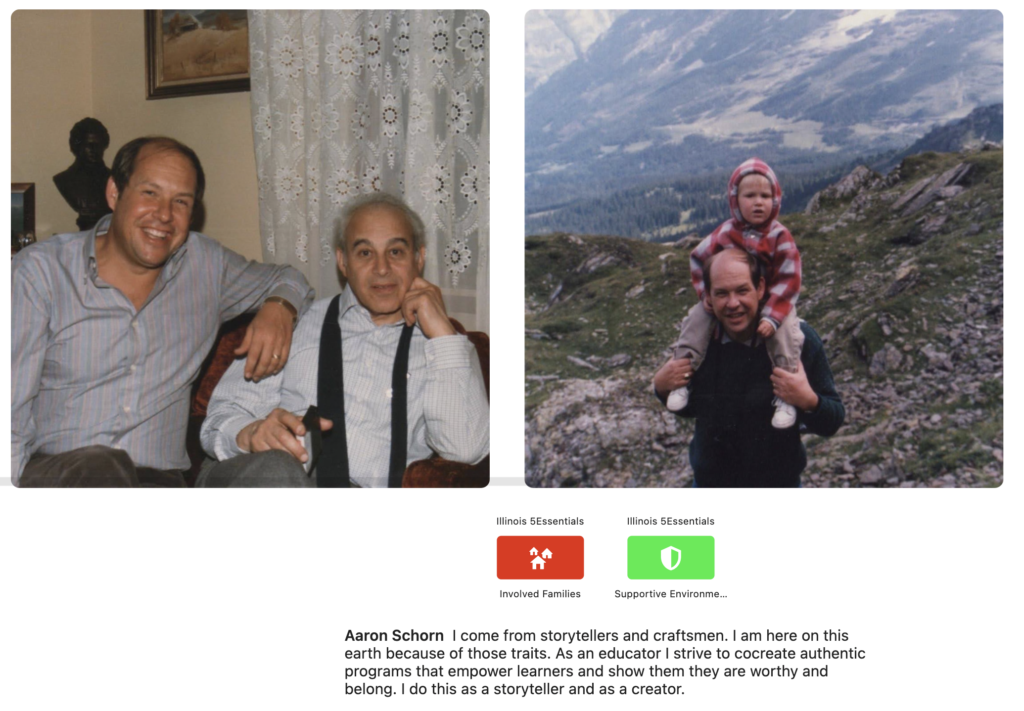
13 Schools in 11 Years
The shift to Massachusetts was devastating for me as a learner. I longed for community and friendship but instead found isolation. Grades were now the currency and motivation for school work, commodifying my moments and journeys of learning. I no longer got actionable feedback through assessment, there was rarely a feedback loop where I could put new learning into practice.
My joy, a superpower in Lesotho, was now a cause for ridicule in the classroom and playground. Slowly I learned to dim my light, to assimilate to a northeast culture. School was now a slog to get through academically, socially, and psychologically. That bus ride was where I code-switched, knowing that I had to turn into someone else to get through the day. It was not just a culture shock but a soul shock.
So many learners experience this throughout their education. They are not able to take their identities, backgrounds, ancestries, passions and burning interests with them to school. When they enter those hallowed doors they leave a large part of themselves outside. America was when the “we” became “I”.
What made learning so joyful in Lesotho was the feeling that we were a part of a community of learners, cheering each other on, learning from each other’s world views, experiences, peaks, and valleys. Despite the fact that this ceased to be the case in America, schools were never able to fully extinguish the light and passion I had as a learner. I had other communities outside of school where I could explore my interests and identity with others.
Learning was communal and was rooted in human connection and relationships.
Aaron Schorn
In 10th grade I began the journey of decolonizing what school had done to me. I began to hijack every class, from AP US History to remedial math classes, in the service of gaining new knowledge, forging new friendships, and honing new skills. Then the college applications process reinforced that learning was supposed to be a solitary journey. So I trudged through university majoring and minoring in too many fields of study. Every chance I had to find a mentor (professor or fellow student) I lept at. My happiest moments were spent in my professors’ offices pouring through the books on their walls and taking up way too much of their time asking questions about their lives and why they loved teaching. My most purposeful moments were spent working on capstone projects with friends from different regions of the world. Human connection and communal learning were abundant in the spaces I thrived.
Restoring Community Amidst the Ka Makani (wind)
Itʻs funny how life comes full circle when you need it the most.
I met my wife Sarah in Haifa, Israel where I was a business consultant. She came from a culture in Hawaiʻi that was rooted in community and human connection. Soon after we had our daughter she told me that we were moving to Hawaiʻi to raise our children. Hawaiʻi is where I found my calling as an educator and as a father. These islands are where I leaned into what I was meant to do on this earthly plain.
As I put in the work to assimilate and understand Hawaiʻi’s culture and history I joyously realized that I was almost transported back to Lesotho. In Hawaiian culture learning is rooted in authentic relationships between family, kumu (teachers), and cultural practitioners.
It was on a hike up to the top of the LaeLae puʻu (hill) with a group of youth where I realized how vital personal storytelling was to forming trust and authenticity in a cohort of learners. As we reached the top and the kamakani wind swirled around us causing us to speak at the top of our lungs, each of us shared where/who we came from, our technical skills, and the problems we wanted to solve. This experience formed the foundation of our time working with each other, it became the launchpad for the friendships that were forming.
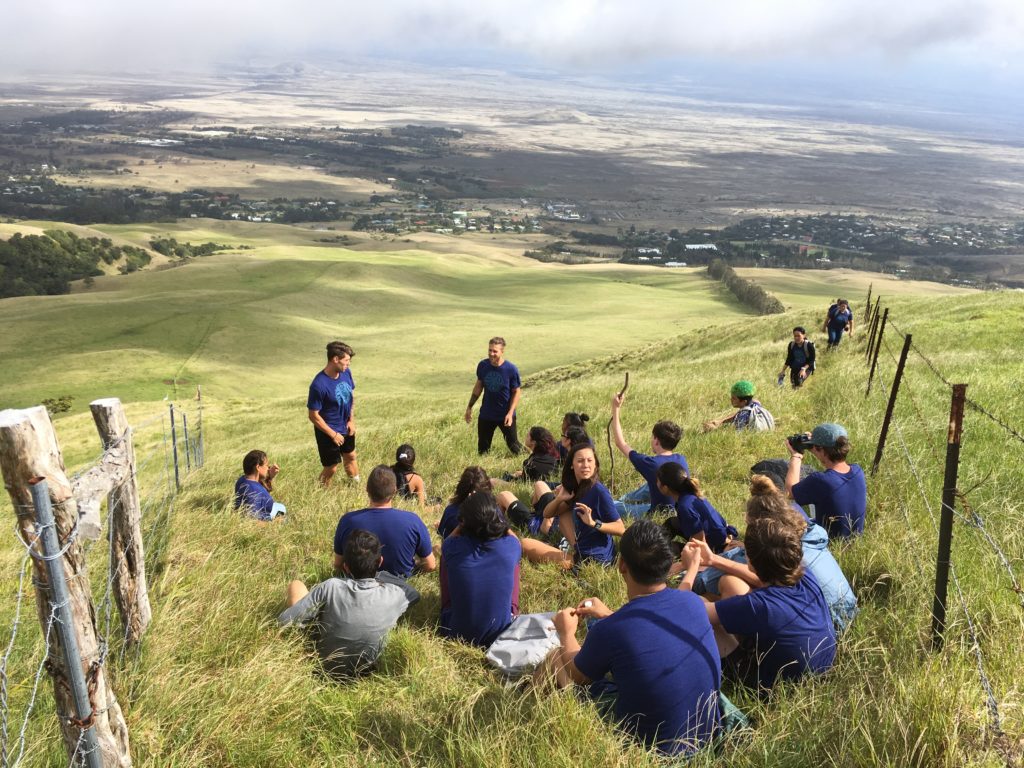
It was out in the ocean on voyaging canoes where the “I” became “we”. Our paddles hit the water in unison and the most important mentor in my life, Pualani (Pua) Lincoln Maielua, told us about the history of her people while instructing us on how to move the sail and direct the canoe. We formed a learning team.
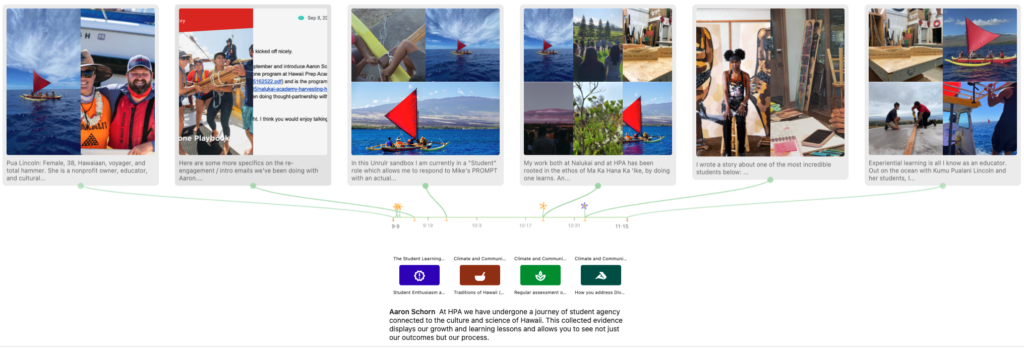
Pua taught me again to harness my joy and passion for learning. She taught me how to teach and helped me create a Senior Capstone program. This program was rooted in Hawaiian culture and student-owned learning. We co-created this year-long program with our students, each year iterating based on their feedback.
We did this all as the Covid-19 Pandemic roared across the world, causing us to go from in-person learning to seeing each other in weird digital boxes. We succeeded because the experience was communal, we were all interconnected links of a chain, teaching each other and adding value to each of our learning journeys. The year culminated in a Hoʻike, a celebration of learning that included parents, external mentors, and all of those that played a role in our students’ Capstone projects and their lives in general. We were again a community of learners celebrating each other.
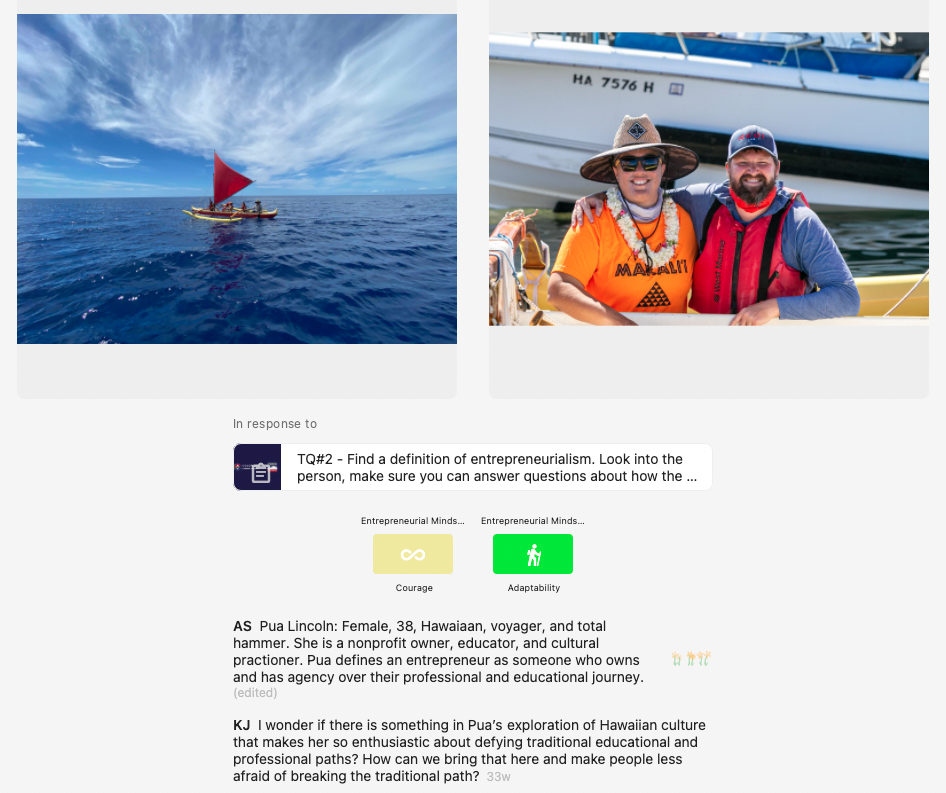
“I” Becomes “We” (Again)
That summer while on ʻOahu getting an MEd I spent most of my time networking and joining new learning communities. I was introduced to a platform called Unrulr that promised greater community and human connection to learning and assessment. This platform allows learners to document their learning moments, reflections, and journeys socially. A platform that allowed for assessment to become actionable feedback between every person in a classroom and learning community.
When the summer ended, Pua and I utilized Unrulr as our Senior Capstone learning vessel, our learning community, the knowledge base for all of our learners. As learners documented evidence of learning, displayed skill growth, and shared their products, their classmates asynchronously commented, asked questions, creating a community of practitioners.
In the last few years, my pedagogy has returned and has rooted itself in those early years of my life in Lesotho. Friends, families, neighbors and the promise of learner documentation have transformed the “I” back to “we”.
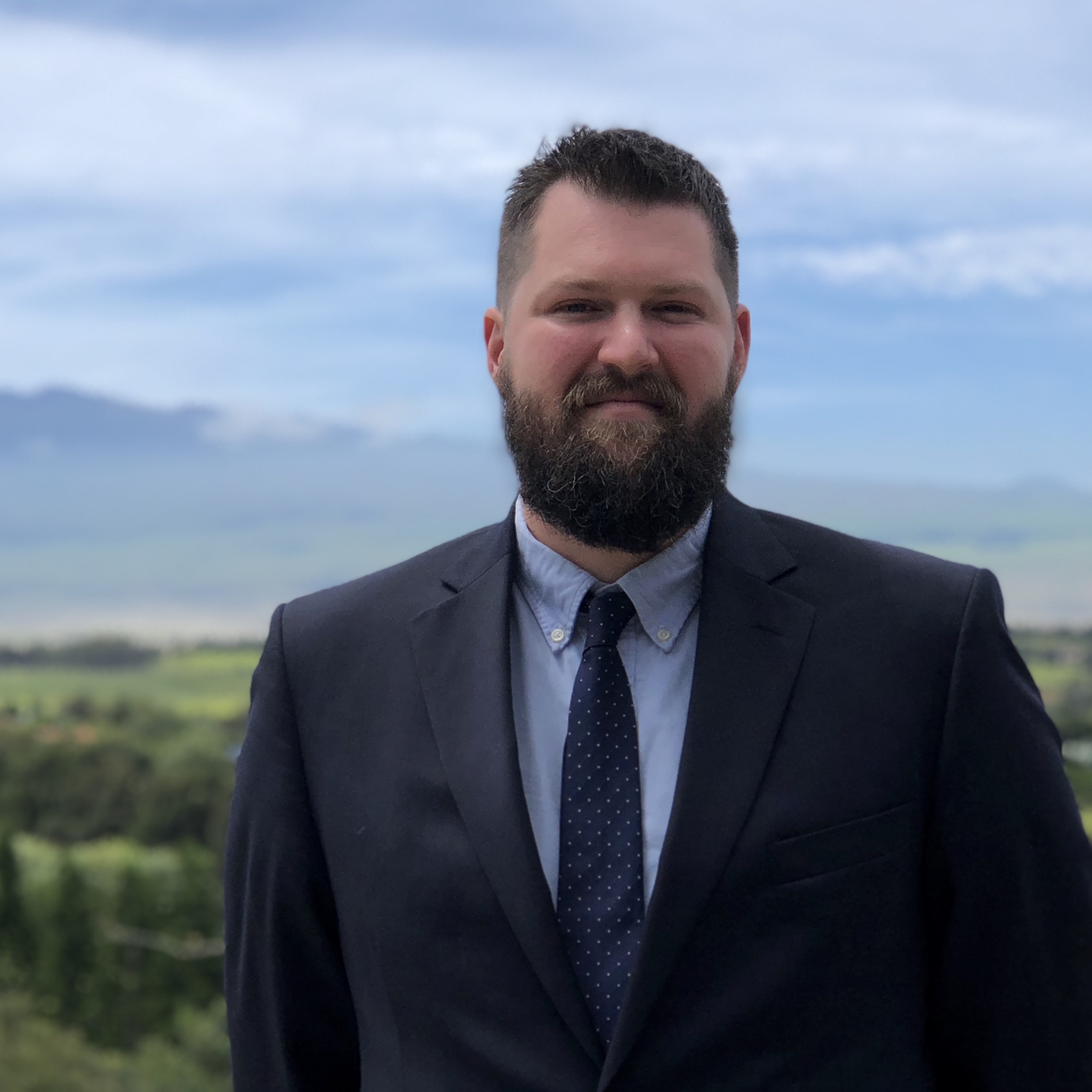



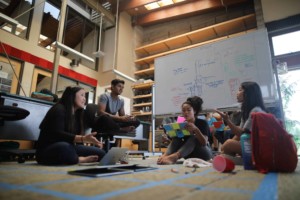
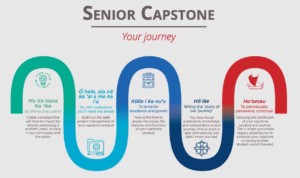

Enrique Hernández Siliceo
Excelente aportación. Los jóvenes deben entender que la información y el conocimiento se debe compartir entre sus compañeros y amigos. Pensar en el nosotros y no en el yo.
Nathan Strenge
Such a powerful story of discovery, communal learning, and human transformation. Thank you, Aaron, for sharing your incredible journey.
Emilia Hermoza
Hola AAron, tu relato me inspira. Me encantó esa frase de "el yo volvió a ser nosotros". También tengo labor docente, vivo y trabajo en Perú, donde nuestras tradiciones familiares y comunitarias están siendo desbordadas por la cultura del individualismo y materialismo, sin raíces ni profundidades. Desde nuestro diario encuentro con los jóvenes algo podremos hacer. Gracias.